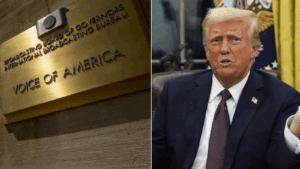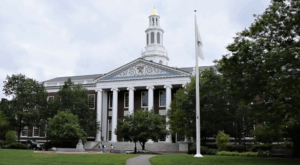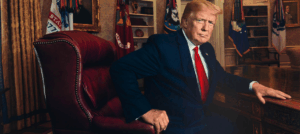Amid the Trump administration's crackdown on institutions opposing his policies, Harvard and a coalition of law firms are pushing back against executive overreach, signaling a united front for higher education and legal independence.
Universities and Law Firms Stand Against Trump’s Pressure Campaign

Universities and Law Firms Stand Against Trump’s Pressure Campaign
In a bold shift, Harvard and over 400 university leaders unite against the Trump administration's influence on education and legal practices.
In the wake of growing tensions between higher education institutions and the Trump administration, prominent American universities and law firms are navigating a complex landscape that resembles a classic prisoner’s dilemma. President Trump's campaign against law firms that represent or employ political opponents, alongside his criticism of universities labeled as “woke” or accused of fostering antisemitism, has forced these institutions into difficult decisions regarding their autonomy.
Initially, some were tempted to settle with the White House to avoid repercussions, fearing the administrative wrath that might fall upon them should they resist. For example, Columbia University and several leading law firms opted to secure agreements with the administration. However, recent developments indicate a significant turning point.
Last month, Harvard University made headlines as it publicly refused to comply with what it termed “illegal” demands from the Trump administration. This bold stance emboldened other universities, leading over 400 leaders to collectively oppose what they described as government overreach and undue political meddling that threatens the integrity of American higher education.
In the legal realm, numerous large law firms have taken action by filing lawsuits aimed at blocking the executive orders targeting them, successfully gaining temporary injunctions. Additionally, hundreds of other firms have rallied to support this initiative. Notably, Microsoft has distanced itself from a cooperating law firm, opting instead to hire one of the dissenting firms, highlighting a growing resolve among institutions to uphold their independence in the face of mounting pressure.






















